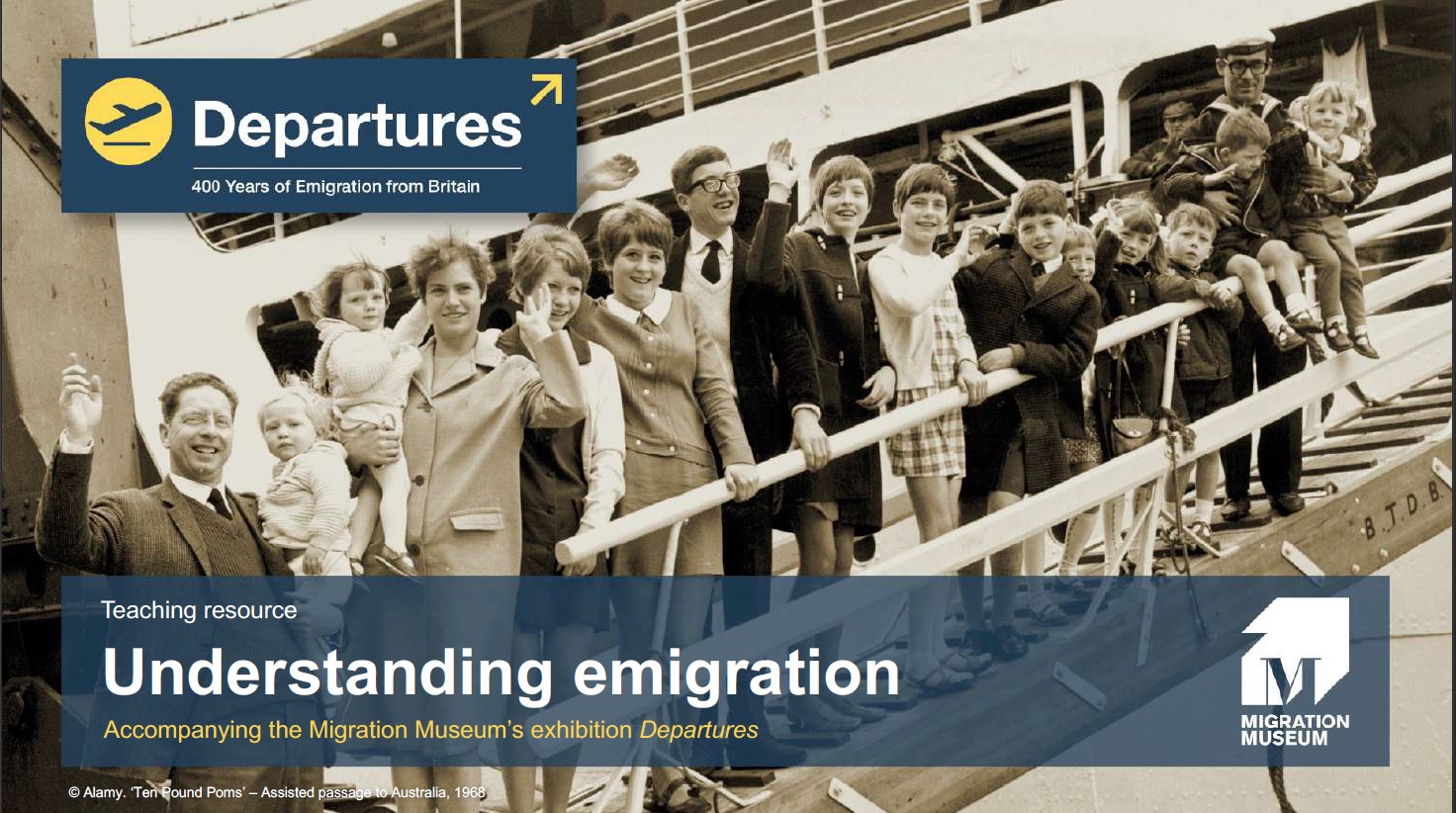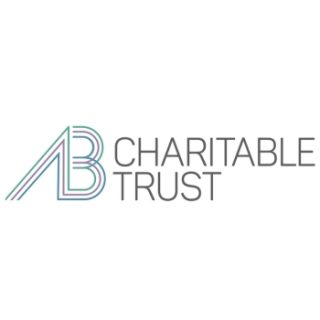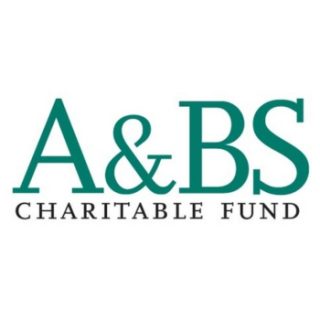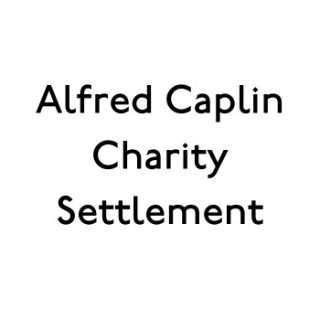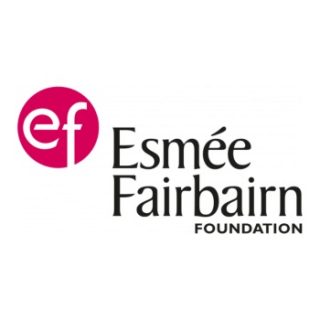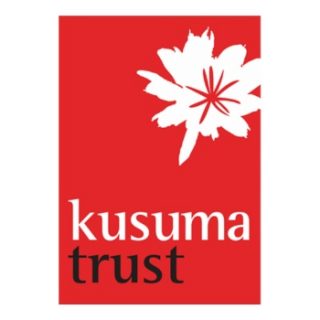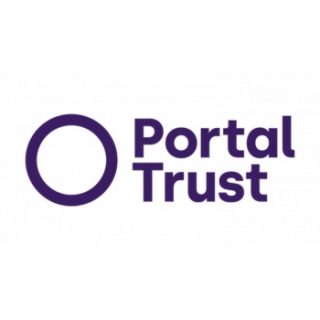Resource bank
Planning to teach a lesson or unit on migration, immigration, emigration, multiculturalism or cultural diversity? Looking for good resources to support you? Short on time? Overwhelmed by the amount available out there and reluctant to start from scratch? We are here to help! We have searched widely and selected some of the best resources and useful websites on these themes. Use our simple search boxes to locate the right resource for you and your pupils. Please review any you’ve used and email us to recommend any others at: liberty@migrationmuseum.org.


